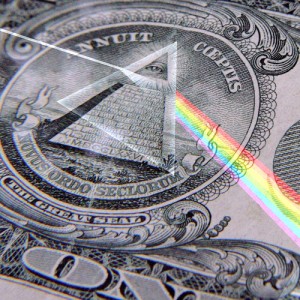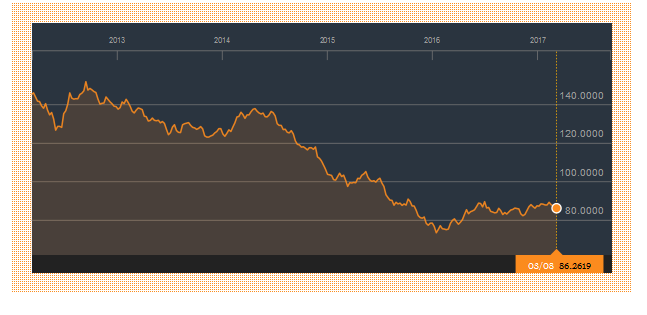(MANDOS POST, people who don’t want to read things they disagree with please stop here)
I don’t normally watch horror movies, but I made an exception and recently watched the horror film Get Out. It’s a horror-satire movie that constructs its underlying trope from the concept of racist microaggressions, and it’s one of the best films I’ve seen all year, if not the best, period. It’s a Stepford Wives style of horror, in which a young black man discovers that his well-meaning-seeming white inlaws-to-be believe in human improvement by the literal supplantation of black identities with white ones and the submergence of the black identity into a spiritual void called the “Sunken Place” — a literal sort of black/white solidarity where, of course, the white opinion matters more.
The privileged white horror-family in question is conceived of as stereotypical rich politically-correct liberal Obama voters, but the main character himself is a relatively successful young photographer who had access to that kind of company through his work, starting from less privileged roots and with black friends still living the working-class life, and his working-class black best friend — who correctly names and identifies the microaggressions and where they were leading — is his only lifeline in the entire story. The illustration clearly intended by the director (well-known black comedian Jordan Peele) is that even when a black person in America manages to succeed on white terms, that in itself is not just, not sustainable, not sufficient.
That was a movie, but the point is illustrated periodically in real life — and occasionally in famous, very public rows. Some of you may remember that a few years ago, there was a row over Oprah Winfrey’s attempted purchase of a very expensive handbag, worth twice or more than what some of her viewers make in a year, from a shop in Switzerland, wherein Oprah believed that she had been discriminated against by the saleswoman for being a black buyer in a fancy store. Many could easily view this as a rich woman publicly bullying an innocent, ordinary-income shop attendant for a social faux pas, possibly based on ignorance of the American media landscape. A class analysis. But for people of colour, the incident is instead evidence that, even if one is doing well economically, one is still one of them, that the incident was no accident even if the saleswoman had no conscious intention of discriminating.
That sense that even under relatively positive overall circumstances, how one is treated in life is nevertheless conditioned on the sufferance of the majority/dominant community unless one erases one’s entire particularity (and even then) is not a trivial feeling. It is a continuous burden, a headwind in life, and one that cannot be erased by exhortations to class solidarty and and one-sided demands to put the material advantages of class solidarity as prior to the domain of conflict called “identity politics.” Class solidarity does not erase those conflicts, does not remedy them, does not alone create a long-term, sustainable basis for rectification of discrimination. Minority groups remain vulnerable even when the dream of a more just economy is realized.
The only way to proceed is to recognize that, while the working-class American black has a cause in common with the working-class American white, she or he also has a cause in common with a rich woman like Oprah Winfrey, one that can be neither ignored, denied, or erased. And the only way that class solidarity can take full precedence over that is when whites agree to disarm their own identity politics without demanding that blacks and other minority politics disarm theirs.


